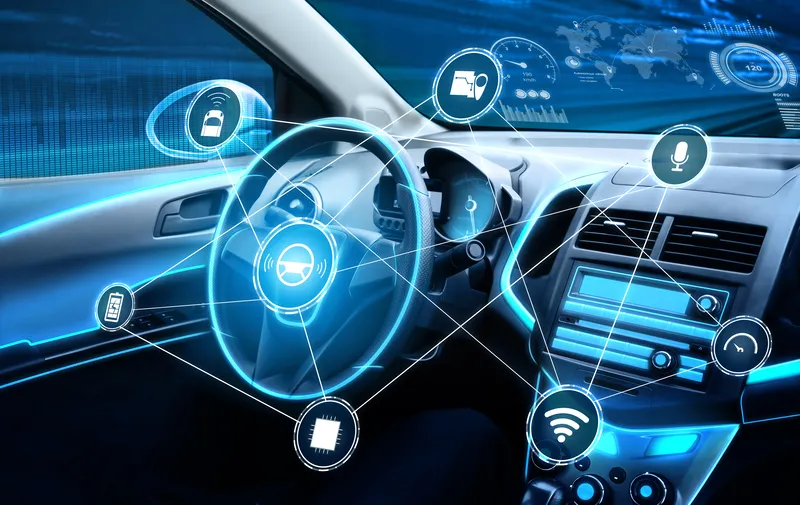The UK’s Transport Research Laboratory (TRL) has been commissioned by the Department for Transport (DfT) to monitor and evaluate the performance and impacts of low emission buses in 13 locations across the country.
Positioned across the UK, variations of gas, full-electric, hybrid-electric and hydrogen fuel cell buses will be procured and operated by bus operators. TRL will carry out data collection and analysis of bus and infrastructure performance, cost savings and environmental impacts to create insig
August 22, 2017
Read time: 1 min
The UK’s Transport Research Laboratory (491 TRL) has been commissioned by the 1837 Department for Transport (DfT) to monitor and evaluate the performance and impacts of low emission buses in 13 locations across the country.
Positioned across the UK, variations of gas, full-electric, hybrid-electric and hydrogen fuel cell buses will be procured and operated by bus operators. TRL will carry out data collection and analysis of bus and infrastructure performance, cost savings and environmental impacts to create insight reports for the DfT and the bus industry. This will allow government and bus operators to make informed decisions about how to best develop their low emission bus fleets and infrastructure.
The trials are already underway and TRL will be looking to report back the interim projects findings in just over 12-months’ time.








